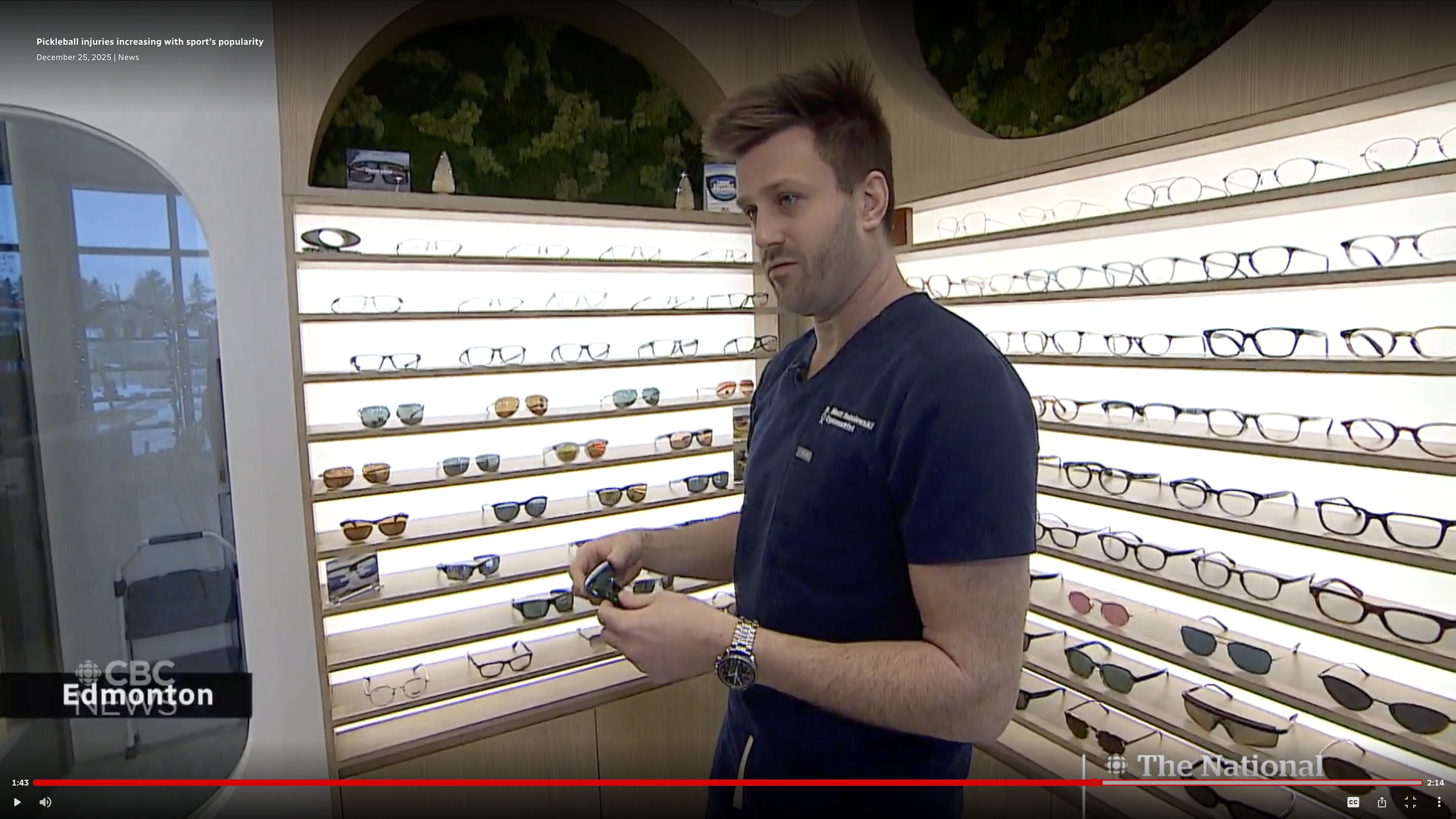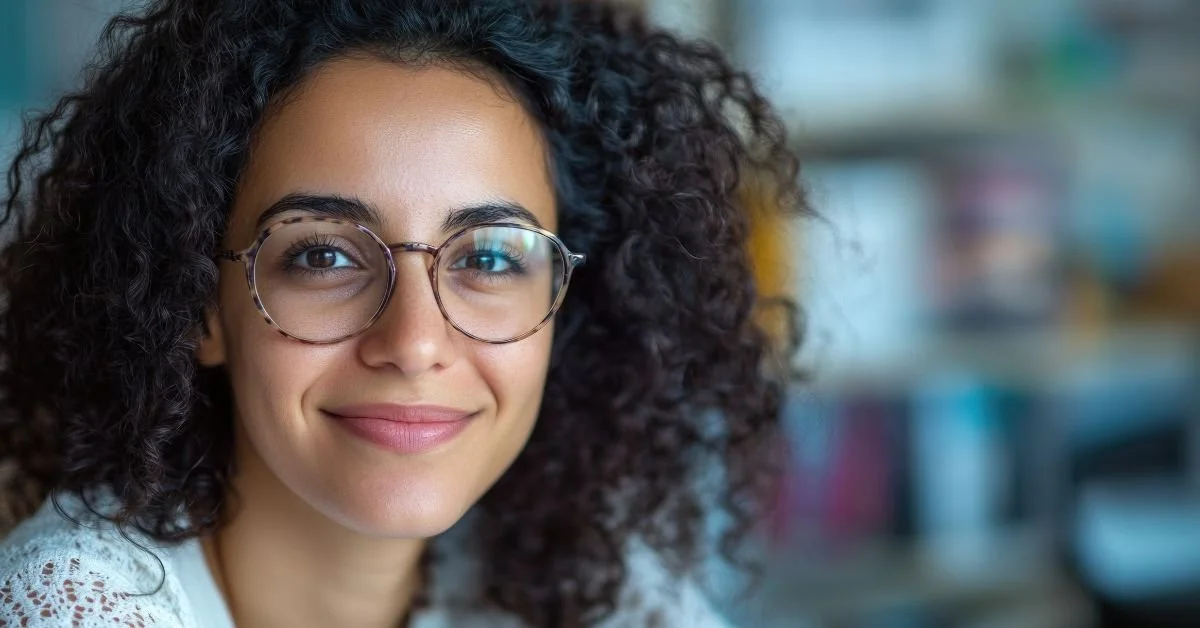10 Ways to Beat Dry Eyes This Winter
As the winter chill sets in, we are all too familiar with the discomfort that dry eyes can bring. But fear not! At Helio Optometry, we're here to offer professional guidance on how to keep your eyes comfortable and hydrated during the colder months. In this blog post, we'll explore the most common signs and symptoms of dry eyes, followed by ten expert tips to help you beat dry eyes this winter. Your vision and eye comfort are essential to us, so let's dive into these strategies for maintaining optimal eye health.
Recognizing the Signs and Symptoms:
Before we dive into the solutions, let's briefly highlight the most common signs and symptoms of dry eyes so you can identify if you're experiencing this condition. Dry eyes may manifest as:
Dryness and Irritation: A persistent feeling of dryness, burning, or itching in the eyes.
Redness: Bloodshot or red eyes due to irritation.
Blurry Vision: Vision that fluctuates or becomes temporarily blurred.
Sensitivity to Light: Increased sensitivity to bright lights, such as sunlight or artificial lighting.
Watery Eyes: Paradoxically, dry eyes can sometimes lead to excessive tearing as the eyes try to compensate for the lack of moisture.
Now, let's explore the ten expert-recommended strategies to combat dry eyes this winter:
Humidify Your Environment: Use a humidifier to maintain adequate indoor humidity levels and prevent excessive dryness. You can either install a humidifier on your furnace or add one to a specific room. Another trick for people who like to take a bath is to leave the water in the bathtub after you finish, as the warm, moist air will help add some general humidity to your house.
Stay Hydrated: Proper hydration is essential. Drink enough water to support overall eye and body health. Check out our blog post on dehydration and dry eyes.
Blink Regularly: Make a conscious effort to blink more often, especially when using digital screens, to distribute tears evenly.
Take Breaks from Screens: Follow the 20-20-20 rule—every 20 minutes, take a 20-second break, and look at something 20 feet away to reduce screen-related eye strain.
Use Artificial Tears: Over-the-counter lubricating eye drops can relieve dryness and discomfort. Some eye drops like Thealoz and ThealozDuo are also considered pH neutral, which can help with the burning sensation. Talk to your optometrist about the best artificial tears for your eyes and whether you might also benefit from preservative-free options.
Protect Your Eyes: Wear sunglasses or protective eyewear outdoors to shield your eyes from harsh winter winds and UV radiation.
Adjust Heating Systems: Avoid sitting directly in front of heaters or vents, as forced hot air can contribute to dryness. The same goes for the vents in your car; make sure they're not pointed directly at your face. Some new cars even have heated windshields, which prevents the defroster from blowing warm air right back towards you.
Avoid Rubbing Your Eyes: Rubbing can exacerbate irritation; instead, gently blot your eyes with a clean tissue if necessary. We also recommend that everyone, regardless of age, place a warm compress over their eyes every morning and night. Commercial products such as a Bruder Mask can also help.
Maintain Eye Health: Follow your optometrist's recommendations for any prescribed treatments or medications to manage dry eyes effectively. Most treatments take at least 4-6 weeks to start working, and maintenance is the key. Think of dry eye treatments like dental care; you brush and floss your teeth daily to prevent cavities and gingivitis. The same approach goes for dry eye.
Remove your contacts: Contact lenses are one way to avoid dealing with foggy glasses in the winter but they also make your eyes more susceptible to dryness. If your eyes are dry, consider taking a break from your contacts or wearing them less often.
Does Alberta Health Care Cover Visits To The Optometrist for Dry Eyes?
In Alberta, we're fortunate to have a healthcare system that recognizes the importance of eye health. Alberta Health provides coverage for medically necessary visits to optometrists, which includes conditions like dry eye syndrome. If you're experiencing persistent dry eye symptoms, rest assured that your visit to an optometrist for evaluation and treatment is typically covered. This means you can seek professional care for your eye health concerns without the burden of out-of-pocket expenses, ensuring your eyes receive the attention they deserve to stay comfortable and healthy. At Helio Optometry, we're here to provide the highest quality of care for your eye health needs, and we'll work closely with you to ensure you receive the coverage and treatment you require. Your vision and well-being are our top priorities.
Visit Your Edmonton Optometrist Clinic for More Dry Eye Tips
Your vision and eye comfort are our top priorities at Helio Optometry. With these ten expert tips, you can take proactive steps to beat dry eyes this winter and enjoy clear, comfortable vision. However, remember that personalized care is essential. If you're experiencing persistent dry eye symptoms or have concerns about your eye health, don't hesitate to book an eye exam with one of our optometrists. We're here to provide tailored solutions and ensure your eyes stay healthy and hydrated all year round. Your journey to better eye health starts with Helio Optometry. Contact us today to learn more.









